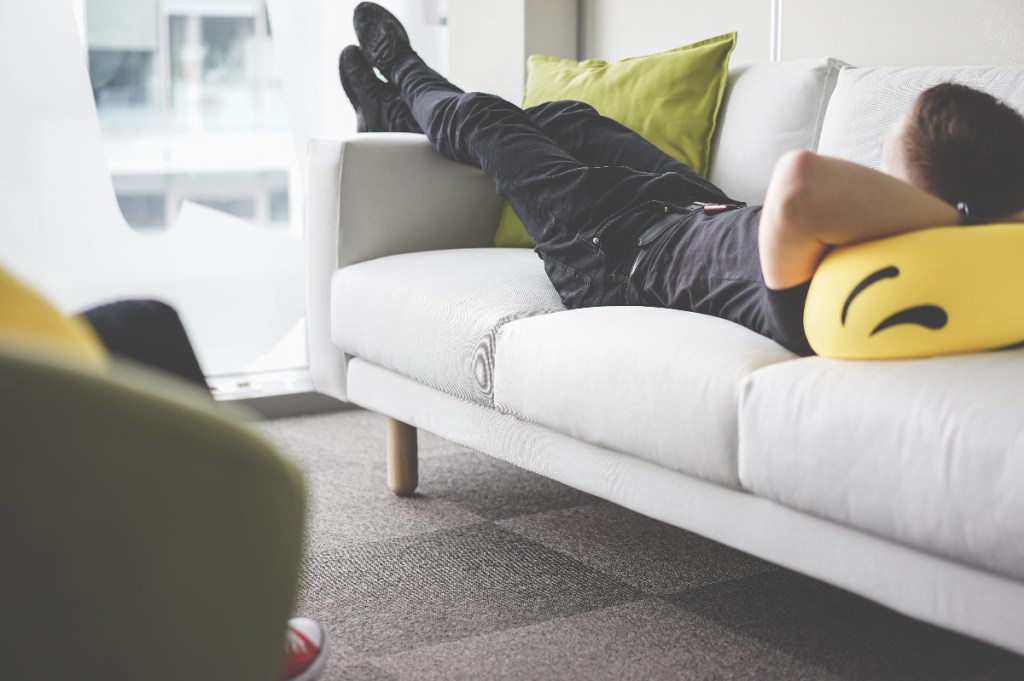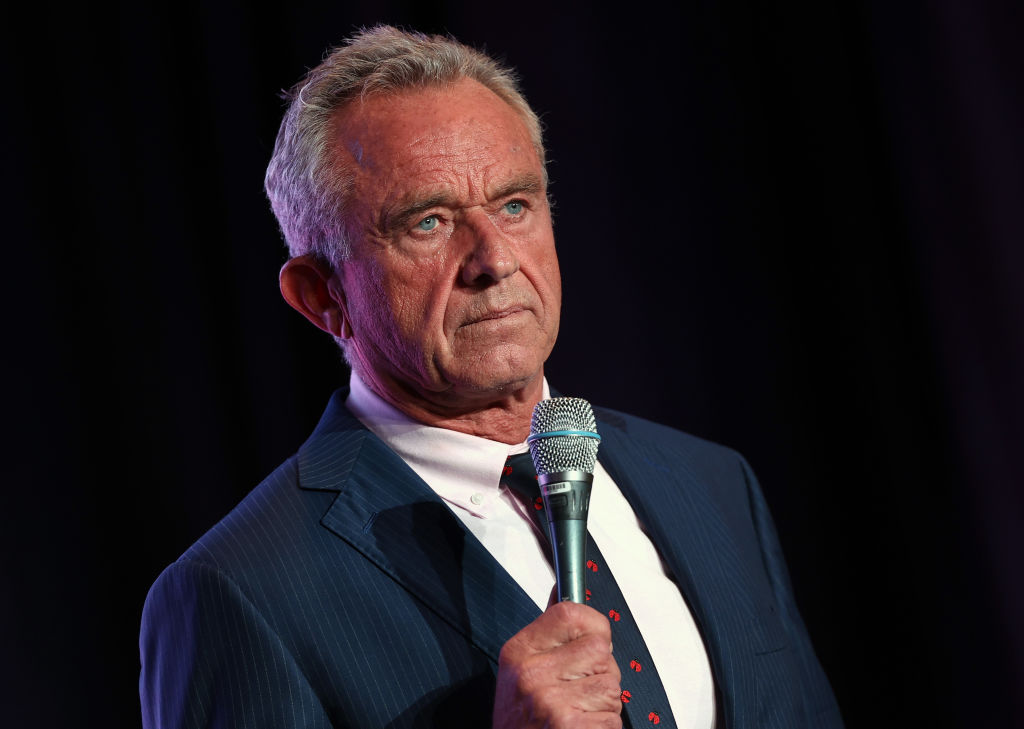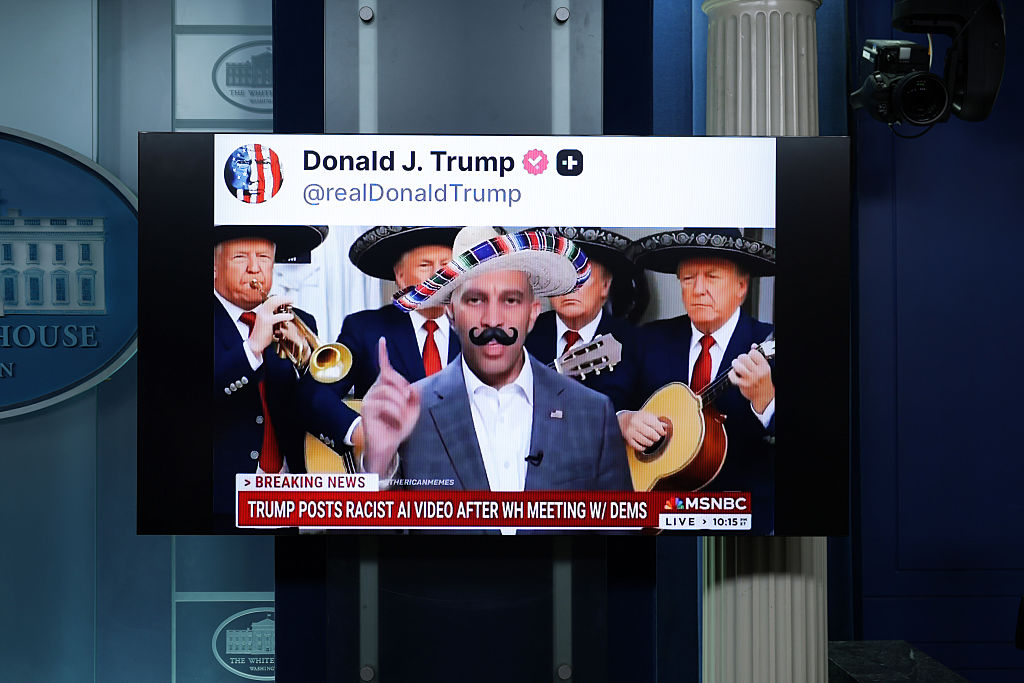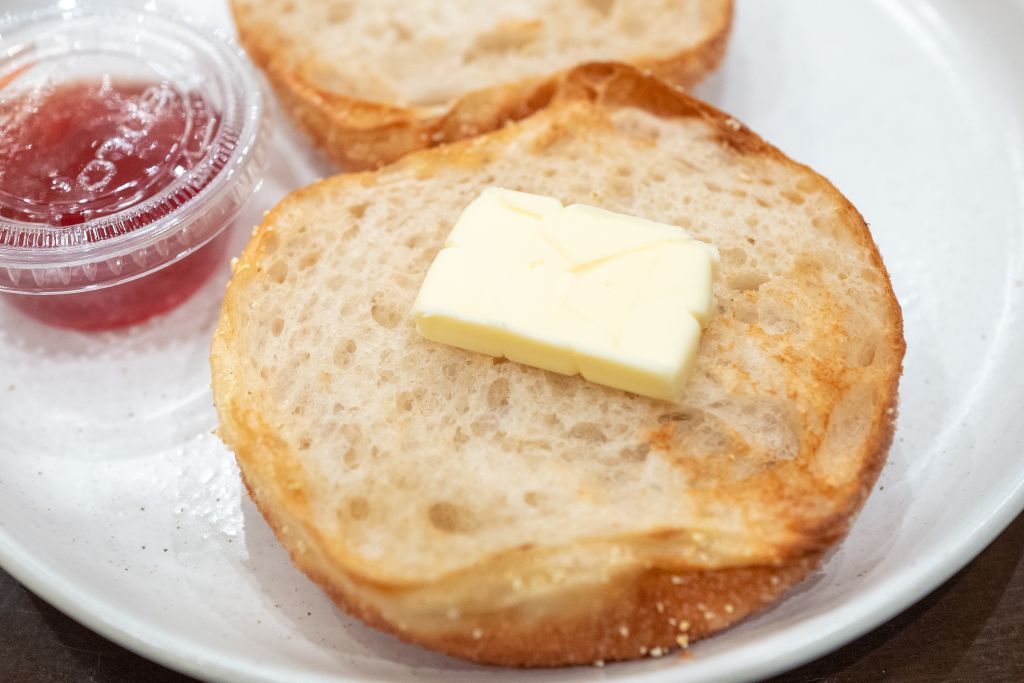‘It’s ok’ is a meme that enables lazy millennials across social media to bail on plans last minute in favor of wallowing in self-pity. It seemed to have already completed its meme rounds, having come to its satirical end in January. Now, however, ‘It’s ok’ has experienced a resurgence — thanks to Lord COVID.
Social media has been even more drowned in comforting posts than normal. ‘It’s ok’ posts are in overdrive. Would-be influencers insist, ‘It’s ok to eat chips three meals in a row,’ ‘It’s ok to do literally nothing!’ ‘It’s ok to eat that cookie,’ ‘It’s ok to sleep all day,’ ‘It’s ok to stay on the couch,’ It’s a pandemic — everything is ok.
I appreciate the sentiment — we’re all stressed out, worried, unsure of what the future holds, and faced with very different lifestyles all of a sudden. But ‘it’s ok’ is terrible advice in general, and particularly at this time.
At the New Republic, Nick Martin complains about those suggesting we make the most of this time, arguing, ‘This mindset is the natural endpoint of America’s hustle culture — the idea that every nanosecond of our lives must be commodified and pointed toward profit and self-improvement.’
But productivity need not equal profit, especially if you are one of the lucky ones not to have lost their business, job, or income as a result of the lockdown. Those who do suddenly have an unsettling amount of time on their hands and no dire need to find a way to survive absolutely should consider viewing this time as a gift of sorts. At the risk of sounding like a hashtag-blessed type, I think the blessed should recognize and appreciate their blessedness.
Beyond the opportunity to get a whole lot of things done you did not have time for pre-lockdown, doing something productive with your days will make you feel much better about yourself than shoveling processed food into your mouth and playing video games. While ‘doing nothing’ — the suggestion put forth by Martin as a solution to pandemic-related stress — might work for a couple of days, we are now almost a month in, and are facing at least another month (likely more) of social distancing protocols. The time to figure out how to make it through in the best way possible is now.
Instead, we’re being comforted into depression. Remember the mantra: ‘it’s ok to be not to be ok.’
In a HuffPost article, Maija Kapler writes that, while, ‘Lots of people are using their time at home to develop new skills: They’re cooking up a storm, they’re setting up at-home exercise routines, they’re learning new languages, and re-organizing their basements,’ for others, trying not having a total breakdown is the biggest accomplishment possible.’
Kapler argues that, for some, exercising and building a bookshelf might work for some, while for others, sleeping and watching TV might offer solace. Andrea Sadler, a therapist quoted in the story, says that ‘adding a dirty layer of anxiety and judgment and frustration’ to the situation is of no value.
This sets up a weird (but convenient, for all you hot-take lovers out there) dichotomy: either you sloth your way through the pandemic or you guilt yourself into excessive busyness. There is, surely, a balance. Spending weeks or months lazy and directionless is going to hurt, not help you. It’s one thing to have a day on the couch, next to a pizza and a bag of chips. It’s another if you extend that for days or weeks. Especially during times when we are all facing increased anxiety, fear, and depression.
Many of the COVID-centered ‘It’s ok’ memes blanketing the masses in collective ease are diet-related. Not only should you embrace junk food, others are not even supposed to speak about their fears of the ‘quarantine 15’ as this constitutes ‘body shaming’. Writing for Allure, DE Elizabeth explains that sharing memes joking about about gaining weight during the lockdown are not funny, but harmful, as you could ‘trigger’ someone else. Expressing fear or even joking about gaining weight suggest gaining weight is ‘bad’, according to Elizabeth, which ‘sends a dangerous message that certain bodies are undesirable’.
Wait, what? I’m not allowed to worry about getting fat because it might make someone else feel bad? I’m sorry, but I reserve the right to try (I’m failing, don’t worry!) to avoid gaining weight while not having access to my usual activities. I’m not exactly a health nut, you guys. I just, like, try a bit. I will always have enough belly fat to get me through the winter — relax.
What next, students can’t worry about their grades lest those failing feel bad? A writer shouldn’t express excitement at finishing a book because it might make those who never completed their epic first novel depressed? Shall we ask mothers to stop talking about their babies because it hurts the babyless? Should I stop eating pasta because it triggers the gluten intolerant? We can’t all protect one another from the world. It’s insane.
In Eater, Amy McCarthy suggests that ‘self-described fitness experts’ sharing at-home workouts and posting about ways to ‘use one’s own body weight and the canned goods we’ve all stockpiled to stave off isolation-related weight gain’ are ‘body-shaming’. Sharing memes that joke about Challah-induced belly fat are apparently part of ‘diet culture’ and ‘quarantine-themed workouts targeting “problem areas” like chubby arms, bellies, and thighs remind us that the things we are told to be self-conscious about are, in fact, not good enough’.
And yeah, the diet industry is awful and predatory, and teaches women to hate themselves, for profit. But women joking online about getting fat because they’re sitting around eating snacks all day is not The Diet Industry — it’s a perfectly reasonable thing to worry about, in a clearly light hearted, jokey way, at that.
McCarthy concludes:
‘What we should really be doing right now is figuring out how to stop fighting with our bodies every single day. That is a productive use of this time, especially considering that no amount of starvation or exercise is going to make this pandemic feel any less scary, and no amount of thinness can protect any of us from contracting COVID-19.’
This is both wrong and incredibly stupid. Health takes effort. If I didn’t try (again, not that hard!), I’d eat pizza every day and use only the muscles in my typing fingers. We actually do need to fight with our bodies (and minds) to do things we don’t necessarily want to do, but know will probably be good for us — including trying to be creative, productive, healthy, and positive. We do need to think about what we put in our bodies and make an effort to exercise. Everyone knows eating donuts on the couch is the easier, more enjoyable option in the short term. But we also know that if we’re seeking health, we need to push ourselves a little. This is not a matter of starving yourself, which you definitely shouldn’t do, because who the hell wants to build a bookshelf on an empty stomach.
Kapler suggests we should focus less on ‘figuring out a detailed strategy for how to be as happy and productive as possible, and more on just getting through the day’. I suggest something in between.
We are all currently feeling a loss of control: no one knows how long the lockdown will last, and what the world will look like when we get through this. There is very little certainty. One way to feel like we do have some control is by setting goals, creating healthy routines, and actively trying to take care of our bodies and minds. Mental and physical health do not just happen naturally — you need to participate.
Telling people that productivity is toxic and that it’s fine to make choices that make you feel lethargic, useless, and depressed won’t help them.
Here is the other thing: if you feel fine as you are, good for you. But if you feel bad or ashamed or guilty because you aren’t being productive or because you ate chips three meals in a row, then you might want to think about doing something to alleviate those bad feelings, which could include learning how to make bread or getting some exercise.
We currently live in a culture of comfort: anything we do, feel, or think should be validated. Act like an asshole? It’s OK, you were triggered. Make selfish choices? It’s self-care. Anti-social and abusive? You’re depressed, you can’t help it. Unhealthy? Love your body love yourself! People are coddled beyond belief, today. Comfort and self-care is a product successfully sold by Insta-therapists because it’s what we want to hear. We all want to be told that everything we are doing is fine and great and we shouldn’t change a thing — because that is easy and unchallenging.
And while accepting yourself and trying not to hate yourself is awesome, so is trying to feel the best you can, and trying to do something purposeful with your life.
It is not everyone else’s responsibility to make you feel ok. And unfortunately the coddled generation Jonathan Haidt wrote about is continuing to generate bad advice that sounds like care and compassion, but that will hurt you in the end. Working at a thing and succeeding will make you feel a great deal better than staring at Instagram memes and chugging soda. I promise.

























